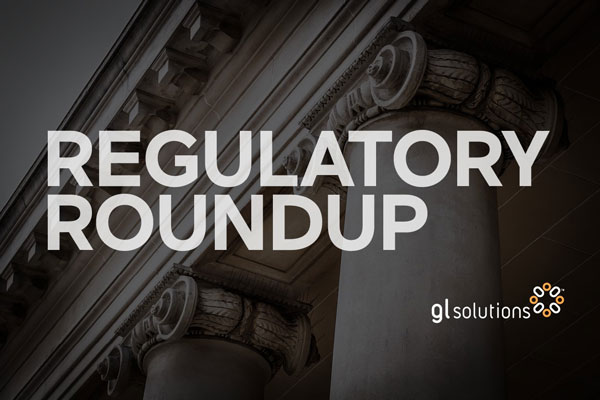State Agencies Lag on Ransomware Response Planning
The Center for Digital Government (CDG) recently surveyed 200 state and local government leaders on the topic of ransomware. The survey revealed that only 47 percent of respondents currently have an incident response plan for ransomware. In addition, according to survey results, over two-thirds of respondents say they need to make additional investments to respond effectively to ransomware. The authors of the report on the survey, suggest that government agencies use federal funds to boost funding for their cybersecurity projects. The 2022 report, Smart Investments for Getting Ahead of Ransomware, states: “The infrastructure bill allocates $1.9 billion in cybersecurity funds, with $1 billion going toward a four-year grant program to help state and local governments improve cybersecurity.”
MT Considers Streamlining Educator Licensing to Boost Teacher Recruitment
Gov. Greg Gianforte urged the Montana Board of Public Education to streamline educator licensure to boost the recruitment of high-quality teachers. The proposed licensure reforms aim to eliminate barriers that highly qualified educators face when they try to teach in Montana. In a letter to the BPE, Gianforte wrote, “Montana is facing a critical shortage of K-12 educators. While we take a comprehensive approach to recruiting and retaining high-quality individuals into the teaching profession, we must eliminate barriers to licensure for those who are interested in teaching.” The April 6 news release from the Governor’s office highlighted various proposed revisions, including providing reciprocity and expanding endorsements.
NH Considers Ending Registration Board for Medical Technicians
New Hampshire House lawmakers passed a bill last month to eliminate the registration requirement for medical technicians. The state founded the Board of Registration for Medical Technicians in response to David Kwiatkowski, a medical technician now serving 39 years in prison for replacing painkillers with saline-filled syringes tainted with his blood; after his arrest in 2012, 46 people in four states—including New Hampshire—were diagnosed with the same strain of the hepatitis C virus he carries, including one who died in Kansas. An opponent of the bill, New Hampshire Rep. Peter Schmidt, recommends converting the board to an advisory panel that makes recommendations to the Office of Professional Licensure and Certification, according to WMUR on April 11.
ND Reviews Salon Rule for Pets
The ND legislature reviewed drafts of new rules for the North Dakota State Board of Cosmetology but halted the agency’s revised “pets” rule. The revision clarifies that licensed salons only allow companion animals and aquarium fish in the salon—and that companion animals must stay under the control of the handler. The current rule states: “no animals, birds, or other pets, except assistance animals for the disabled and fish in aquariums, shall be permitted in any licensed salon.” Rep. Bernie Satrom worries about salon patrons misrepresenting their pets as service animals, according to the Bismarck Tribune on April 8.
Other Regulatory Headlines
Maine Keeps Telework, Hybrid Work Options for State Workers
Santa Clarita contractor arraigned for 21 felony counts of forgery, theft, and fraud
Board: Social worker poses ‘immediate danger’ to the public
Occupational licensing bill discussed
Stay up to date
Subscribe to our newsletter to receive the latest regulatory news delivered to your inbox each week.


